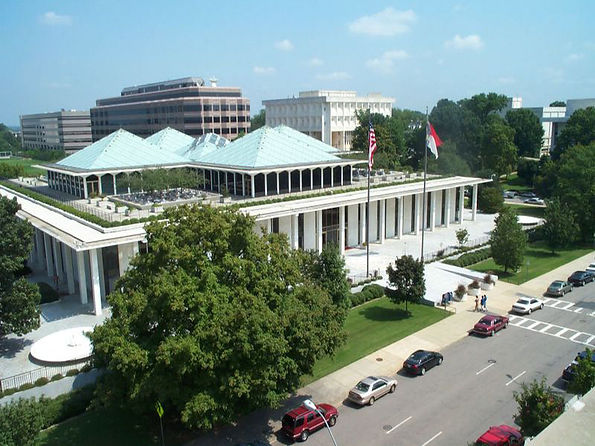

Contact Project Open Door
Phone:
919-797-9017
Email:
Understanding Project Open Door
According to Pew Research data, most immigrants (77%) are in the country legally, while almost a quarter are unauthorized, according to new Pew Research Center estimates based on census data adjusted for undercount. In 2017, 45% were naturalized U.S. citizens.
Some 27% of immigrants were permanent residents and 5% were temporary residents in 2017. Another 23% of all immigrants were unauthorized immigrants. From 1990 to 2007, the unauthorized immigrant population more than tripled in size – from 3.5 million to a record high of 12.2 million in 2007. By 2017, that number had declined by 1.7 million, or 14%. There were 10.5 million unauthorized immigrants in the U.S. in 2017, accounting for 3.2% of the nation’s population.
The decline in the unauthorized immigrant population is due largely to a fall in the number from Mexico – the single largest group of unauthorized immigrants in the U.S. Between 2007 and 2017, this group decreased by 2 million. Meanwhile, there was a rise in the number from Central America and Asia.
Do all lawful immigrants choose to become U.S. citizens?
Not all lawful permanent residents choose to pursue U.S. citizenship. Those who wish to do so may apply after meeting certain requirements, including having lived in the U.S. for five years. In fiscal year 2019, about 800,000 immigrants applied for naturalization. The number of naturalization applications has climbed in recent years, though the annual totals remain below the 1.4 million applications filed in 2007.
Generally, most immigrants eligible for naturalization apply to become citizens. However, Mexican lawful immigrants have the lowest naturalization rate overall. Language and personal barriers, lack of interest and financial barriers are among the top reasons for choosing not to naturalize cited by Mexican-born green card holders, according to a 2015 Pew Research Center survey.
Where do immigrants come from?
Mexico is the top origin country of the U.S. immigrant population. In 2018, roughly 11.2 million immigrants living in the U.S. were from there, accounting for 25% of all U.S. immigrants. The next largest origin groups were those from China (6%), India (6%), the Philippines (4%) and El Salvador (3%).
By region of birth, immigrants from Asia combined accounted for 28% of all immigrants, close to the share of immigrants from Mexico (25%). Other regions make up smaller shares: Europe, Canada and other North America (13%), the Caribbean (10%), Central America (8%), South America (7%), the Middle East and North Africa (4%) and sub-Saharan Africa (5%).
How Many Undocumented reside in North Carolina?
Undocumented immigrants in North Carolina paid an estimated $377 million in federal taxes and $262.7 million in state and local taxes in 2018 and the total number of unauthorized immigrant population being estimated at 375,000. With many Unauthorized immigrant population taking up residences in the rural parts of North Carolina. Yet, many of these undocumented have no say in the policies and the spending of their tax dollars. Nor, are they able to speak up on policies that they are directly impacted by. "No Taxation without Representation".
What Prosperity North Carolina is doing through Project Open Door?
Citizenpath.com has provided a quick breakdown of costs most undocumented persons are faced with:
Typical legal fees for common immigration services:
-
Green Card Petition for Relative: $1,000 to $3,500
-
Adjustment of Status Application: $2,000 to $5,000
-
Citizenship/Naturalization Application: $500 to $2,500
-
Green Card Renewal: $300 to $700
-
Asylum Application: $1,000 to $7,000
-
Deportation Defense: $4,000 to $12,000 (and higher if the case gets more complicated)
Prosperity North Carolina has made provisions to cover these costs in full. We have made great partnerships with law firms that are passionate and ready to begin the great work of insuring that many who live in daily fear of deportation, and who live without a voice. Received the same safety afforded to every citizen of this great country.


